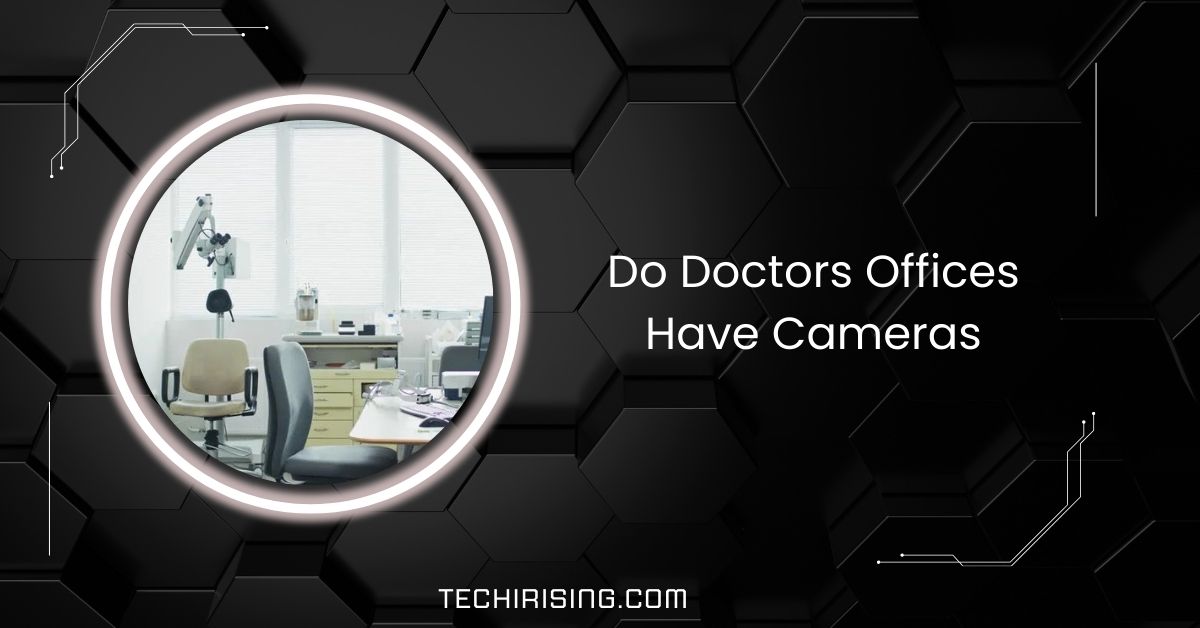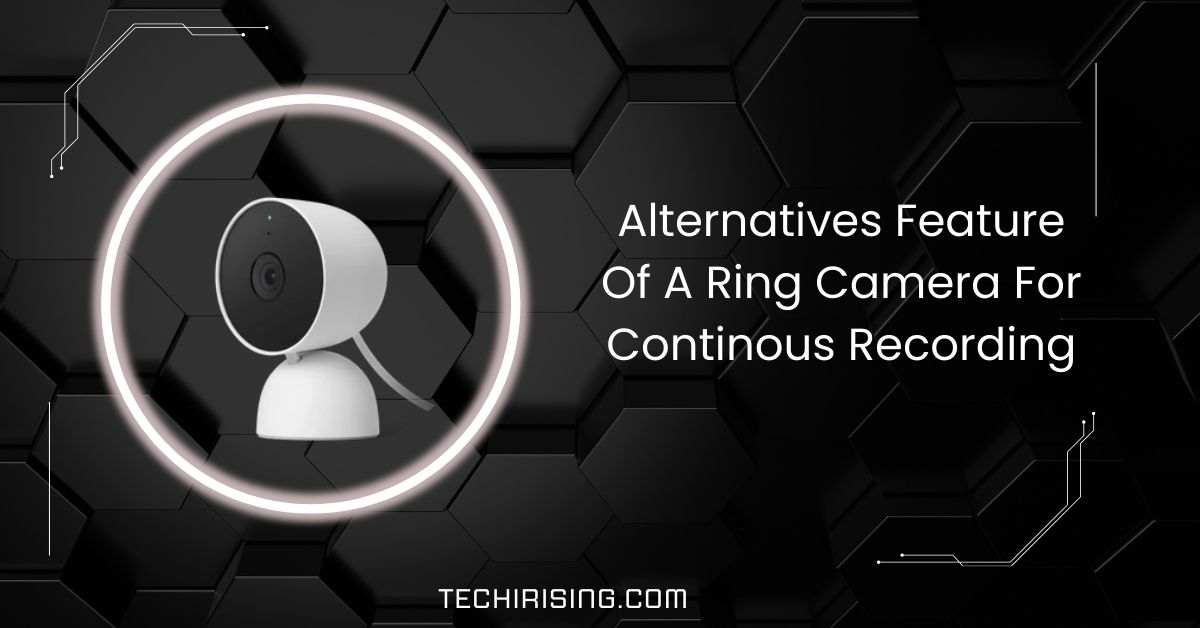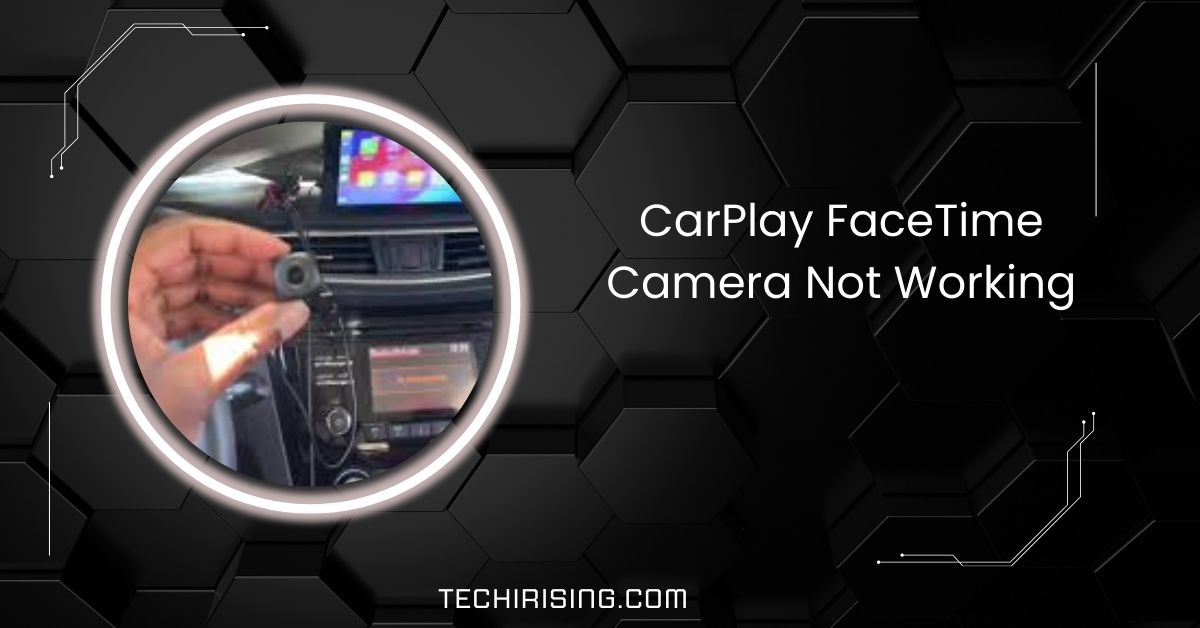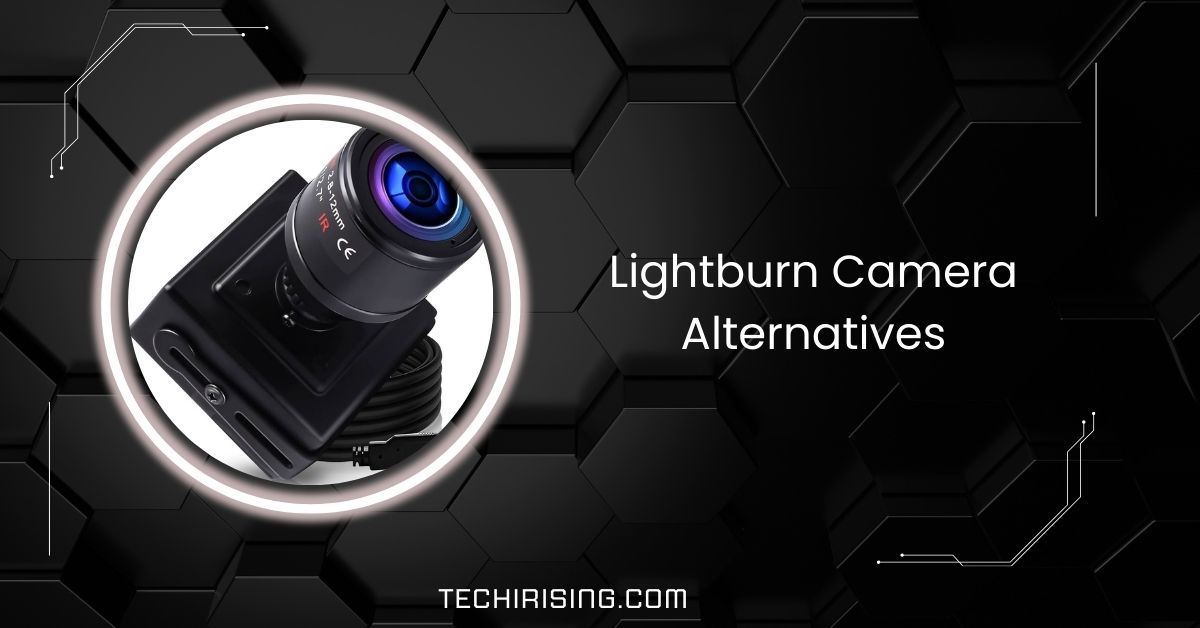Privacy and trust are essential when visiting a doctor’s office. Many people wonder whether these medical facilities have security cameras and, if so, where they are located.
Yes, doctors’ offices may have cameras in public areas like waiting rooms for security. However, no federal rules require them, and cameras are typically not found in private spaces like exam rooms to ensure privacy.
In this article, we’ll explore the role of cameras in doctors’ offices, the privacy concerns, and the legal aspects of surveillance in healthcare.
Understanding Surveillance in Healthcare Settings
Surveillance in healthcare is about keeping everyone safe. Cameras are often used to monitor public spaces, prevent theft, and ensure quick emergency responses.
However, healthcare providers must balance security with privacy, ensuring patients feel safe and their personal information stays confidential.
Where Cameras Are Typically Found in Medical Facilities?
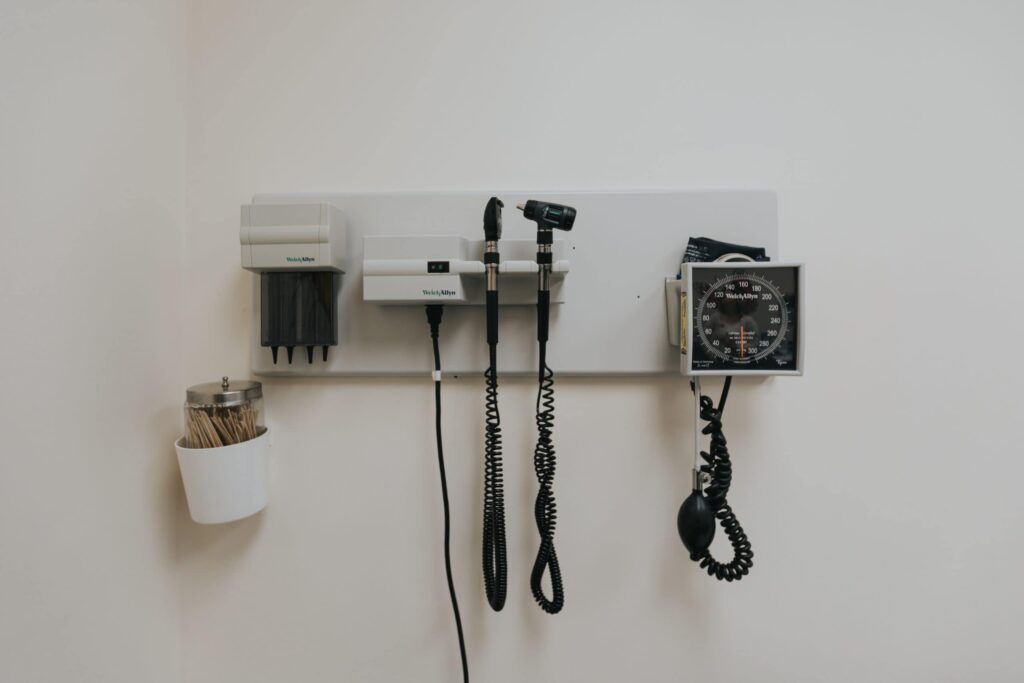
1. Reception and Waiting Areas
Cameras in reception and waiting rooms help monitor visitors, prevent theft, and ensure safety. These spaces are busy, making them critical areas for security without invading personal privacy.
2. Hallways and Common Corridors
Hallways often have cameras to watch over high-traffic zones. They help staff respond quickly to emergencies, ensure security, and keep unauthorized individuals away from restricted areas.
Where Cameras Are Not Allowed in Doctors’ Offices?
1. Exam Rooms
Cameras are not placed in exam rooms to ensure patients feel comfortable discussing personal health issues. These rooms are private, and privacy laws, like HIPAA, protect patient confidentiality during medical visits.
2. Restrooms and Changing Areas
Restrooms and changing areas are private spaces where cameras are not allowed. These areas are respected to give patients privacy and comfort while using these facilities without concerns about being watched or recorded.
Legal Framework for Surveillance in Medical Settings
In medical settings, laws like HIPAA regulate using cameras to protect patient privacy. These laws ensure that surveillance is only used in public areas and that personal health information remains secure and confidential.
1. Patient Consent and Awareness
Medical offices usually inform patients about cameras by posting signs. This helps patients feel more comfortable, knowing their privacy is respected. In most cases, patients’ consent is not needed, but transparency is critical to maintaining trust.
Why Is Surveillance Important in Healthcare Facilities?
1. Security Against Theft and Vandalism
Cameras in healthcare settings help prevent theft and vandalism by monitoring areas like storage rooms or waiting areas. They act as a deterrent, protecting medical equipment and patient belongings from damage or theft.
2. Staff and Patient Safety
Cameras play a crucial role in ensuring safety for both staff and patients. They allow quick responses to emergencies, help prevent violence, and ensure everyone feels secure, fostering a safe and trusting environment in healthcare settings.
Read Out: Can A Dash Cam Record Front And Rear Video At The Same Time?
Ethical Concerns Surrounding Cameras in Doctors’ Offices
Cameras in doctors’ offices raise concerns about patient privacy and trust. While they enhance security, some worry that being monitored could make patients uncomfortable. Balancing safety with respect for privacy is crucial to maintaining confidence in healthcare settings.
Technological Advancements and Privacy in Surveillance
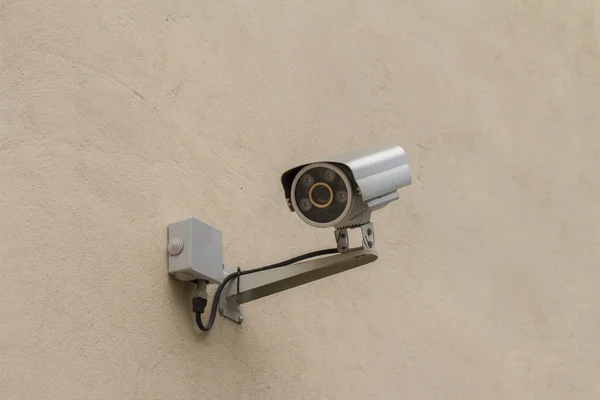
1. AI and Facial Recognition in Medical Facilities
AI and facial recognition are used in some healthcare settings to improve security. While they can quickly identify individuals, they also raise privacy concerns. Facilities must balance security benefits with protecting patients’ personal information.
2. Data Encryption and Security Measures
Healthcare facilities use encryption and security measures to protect surveillance footage. This ensures that recorded data is protected from unauthorized access.
With these precautions, patient privacy is respected, and sensitive information remains secure from potential threats.
Best Practices for Implementing Surveillance Systems
To maximize the benefits of surveillance while mitigating risks, medical offices should adopt the following best practices:
- Conduct a Risk Assessment: Evaluate the specific security needs of the facility to determine appropriate camera placement and coverage areas.
- Develop Clear Policies: Establish comprehensive policies outlining the purpose, scope, and management of surveillance systems, ensuring they align with legal and ethical standards.
- Inform and Obtain Consent: Communicate to patients and staff the presence and purpose of cameras and obtain written consent where required.
- Ensure Data Security: Implement robust security measures to protect recorded footage, including encryption, access controls, and regular audits.
- Regularly Review and Update Practices: Continuously monitor the effectiveness of surveillance systems and update policies and procedures in response to evolving legal requirements and technological advancements.
Future of Surveillance in Healthcare
In the future, healthcare facilities may use less intrusive security methods, like AI, to monitor spaces while protecting patient privacy.
These advancements will balance safety and confidentiality, keeping patients secure without invading their personal space.
Do offices usually have cameras?
Yes, many medical offices have cameras in public areas like waiting rooms and hallways. These cameras help monitor safety and protect against theft but are not typically placed in private spaces to ensure patient privacy.
Can a hospital have a camera in your room?
Hospitals may sometimes have cameras in patient rooms, like in intensive care units,, for safety reasons. However, cameras are usually not allowed in regular rooms to respect patient privacy and ensure confidentiality.
Can cameras be put in a medical office?
Yes, cameras can be placed in a medical office, but they are typically only found in public areas like reception or waiting rooms. Private areas, like exam rooms, are generally camera-free to protect patient privacy.
Must Read: Can I Put Cameras In My House During A Divorce – Guidance!
What types of security cameras do hospitals use?
Hospitals use different security cameras, including dome cameras for comprehensive coverage and high-definition IP cameras for clear video.
These cameras help ensure the safety of patients, staff, and visitors in public areas while maintaining privacy in sensitive zones.
Can doctors offices have cameras in exam rooms?
No, doctors’ offices typically do not have cameras in exam rooms. This is to protect patient privacy during sensitive medical discussions. Cameras are usually only placed in public areas like waiting rooms for security purposes.
Is it legal to have cameras in patient rooms?
Generally, it is not legal to have cameras in patient rooms without consent. Laws protect patient privacy, ensuring cameras are only used in public spaces unless exceptional circumstances require surveillance with patient approval.
Do hospitals have cameras in hallways?
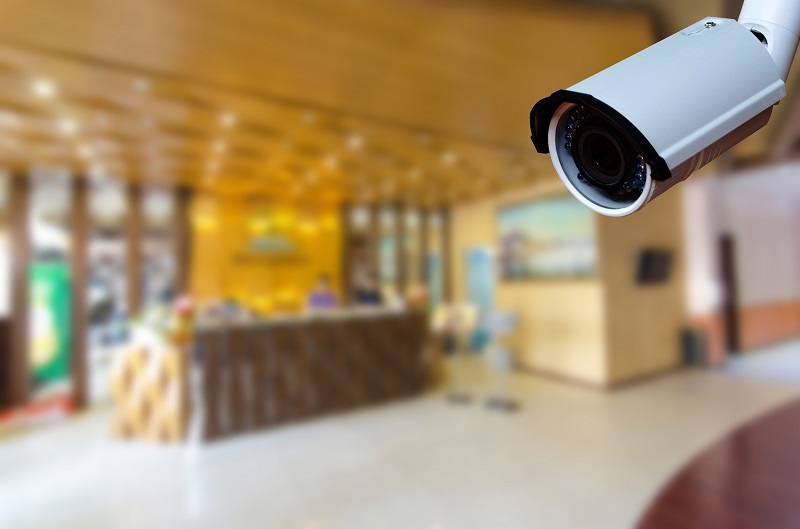
Yes, hospitals often have cameras in hallways for security. These cameras monitor the flow of people, help prevent unauthorized access, and ensure the safety of patients, staff, and visitors while respecting privacy in more private areas.
Cameras in healthcare facilities
Cameras in healthcare facilities are used mainly for security. They are placed in public spaces like waiting rooms and hallways to ensure safety, prevent theft, and protect patients and staff, while private spaces remain camera-free to protect privacy.
What states allow cameras in hospital rooms?
In some states, cameras are allowed in hospital rooms with patient consent, while others have stricter regulations.Because laws vary by location, it is essential to check local regulations for using cameras in hospital rooms.
Do hospitals have cameras in the rooms?
Hospitals typically do not have cameras in patient rooms to protect privacy. However, cameras may be used in some cases, like intensive care units, for patient safety, but always with care to respect personal confidentiality.
What do hospital cameras look like?
Hospital cameras often resemble small, round domes on ceilings or rectangular boxes mounted on walls. They blend into the environment, providing discreet security without drawing attention or causing discomfort for patients and visitors.
Do hospital rooms have cameras in Texas?
In Texas, hospitals usually do not have cameras in patient rooms to respect privacy. Cameras are used in public areas like hallways or waiting rooms unless exceptional circumstances require surveillance, and always with patient consent when needed.
Why do I see a camera in a medical exam room?
If you see a camera in a medical exam room, it may be for monitoring patient safety or staff protection. However, cameras in exam rooms are rare and usually only used if there’s a clear safety need.
Need To Know: Can My Wife Put Cameras In The House: A Complete Guide!
The Risks of Having Cameras in a Clinic
- Patient Privacy Concerns: Cameras in public spaces may make patients uncomfortable, as they worry about their sensitive information being recorded.
- Loss of Trust: Knowing they’re being monitored can cause patients to feel distrustful of the clinic and its practices.
- Legal Issues: Improper use of cameras or surveillance footage could violate privacy laws, like HIPAA.
- Data Security: Recorded footage could be vulnerable to hacking or unauthorized access, potentially exposing sensitive data.
- Unwanted Attention: Cameras might create a feeling of being constantly watched, which can negatively affect the clinic’s atmosphere and patient experience.
Is it a HIPAA violation to have cameras in a medical office?
Yes, it can violate HIPAA if cameras record private patient information without consent. Medical offices must ensure that cameras are placed in public areas, not in private spaces like exam rooms, to protect patient privacy and comply with the law.
Security Cameras in the Medical Office
Security cameras in medical offices are often used to ensure safety. They help prevent theft, monitor public spaces, and protect staff and patients. However, they should not invade private areas like exam rooms to maintain patient privacy.
Cameras for Clinic Security – Good or Bad Idea?
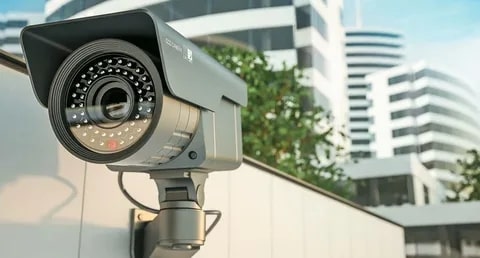
Cameras in clinics can improve security by monitoring waiting rooms and hallways, preventing theft, and enhancing safety.
However, they must be placed carefully to avoid violating patient privacy. When used correctly, they offer a balance of security and confidentiality.
Are There Cameras in Doctors Offices
Yes, many doctors’ offices have cameras in public areas like waiting rooms and hallways for security. These cameras help protect staff, patients, and property but are usually not placed in private spaces, such as exam rooms, to maintain privacy.
Do hospitals have cameras in bathrooms?
No, hospitals do not have cameras in bathrooms or other private areas. These spaces are protected by privacy laws to ensure patients can feel safe. Cameras are usually limited to public places like hallways and waiting rooms for security.
Do doctors’ offices have cameras in California?
Yes, doctors’ offices in California may have cameras in public areas like waiting rooms and hallways for security. However, cameras are not allowed in private spaces, like exam rooms, to protect patient privacy and comply with privacy laws.
Do hospitals have cameras in patient rooms?
Hospitals generally avoid placing cameras in patient rooms to ensure privacy. However, some rooms, like those in intensive care units (ICU), may have cameras for safety purposes. These cameras are used with strict privacy regulations to protect patient confidentiality.
Is it Legal for Doctors’ Offices to Have Cameras?
Yes, it is legal for doctors’ offices to have cameras, but they are typically installed in public spaces, such as waiting rooms or hallways.
They must respect privacy laws, and cameras should not be placed in private areas like exam rooms without patient consent.
Doctors’ Office Has Cameras in Exam Rooms
Cameras are generally not placed in doctors’ office exam rooms to protect patient privacy. Privacy laws, like HIPAA, ensure that patients can discuss sensitive health issues in a secure environment. Any camera presence would be highly unusual and should be disclosed.
Are surveillance cameras legally allowed in exam rooms?
Surveillance cameras are not legally allowed in exam rooms to protect patient confidentiality. Exam rooms are considered private spaces, and any surveillance in these areas would violate privacy laws, including HIPAA, unless explicit patient consent is given for security purposes.
Do hospital emergency rooms have cameras in each patient room? Is this legal?
In emergency rooms, cameras are typically used for security but are not usually placed inside patient rooms.
If cameras are installed, it is done with care to respect privacy laws and patient consent is often required for legal compliance in sensitive areas.
Are security cameras ever present during OB-GYN offices, during outpatient procedures or in hospitals?
Security cameras are usually in public areas like waiting rooms and hallways of OB-GYN offices and hospitals.
However, cameras are not allowed in exam rooms or outpatient procedures, as privacy must be upheld for sensitive health matters and personal comfort.
There is a surveillance camera in the medical exam room, im waiting to be seen in.
If you see a camera in a medical exam room, it’s likely for safety or staff protection. However, cameras are rarely placed in exam rooms to respect patient privacy. You can ask staff for clarification if you feel uncomfortable.
FAQs
1. Do offices usually have cameras?
Yes, many offices have cameras in public areas like waiting rooms and hallways to ensure safety and security.
2. What cameras do doctors use?
Doctors typically use security cameras like dome or IP cameras in public spaces to monitor areas for safety.
3. Why would a hospital put a camera in your room?
Hospitals may place cameras in rooms for patient safety, especially in intensive care units or high-risk situations.
4. What cameras does Doctor Who use?
In the TV show “Doctor Who,” cameras are used for filming and capturing scenes, not for medical purposes.
5. How long do hospitals keep camera footage?
Hospitals typically keep camera footage for 30 to 90 days before deleting or archiving it, depending on policies.
6. Do ICU rooms have cameras?
ICU rooms may have cameras for monitoring patient safety, but they are used carefully to respect privacy.
7. Are there cameras in hotel rooms?
No, hotel rooms generally have no cameras, as it would violate privacy laws and guest trust.
8. Do they have cameras in operating rooms?
Operating rooms may have cameras for surgical training or monitoring, but they are used with strict privacy controls.
9. Where are hidden cameras usually found?
Hidden cameras are usually found in bathrooms, hotel rooms, or offices where people expect privacy.
10. I noticed a camera in my doctor’s exam room. I was told it was for off-hours monitoring to protect against theft. How am I supposed to know if it was on even accidentally during my exam?
You can ask your doctor or office staff about the camera’s use and whether it was active during your exam.
Conclusion
In conclusion, cameras in doctors’ offices are typically found in public areas for security and safety. While privacy is essential, cameras in private spaces like exam rooms are generally avoided. Transparency, patient consent, and careful placement help maintain trust and confidentiality in healthcare settings.

